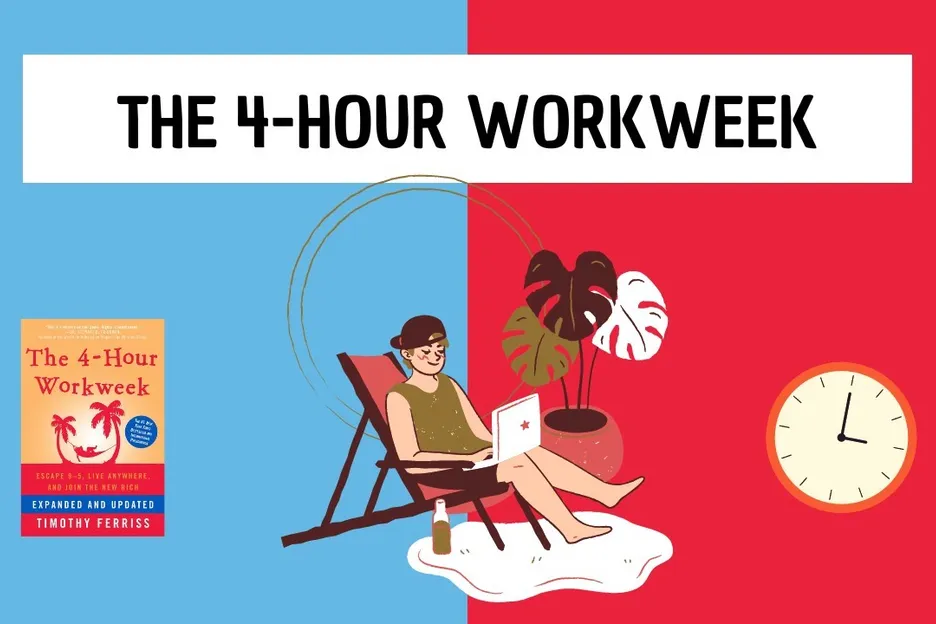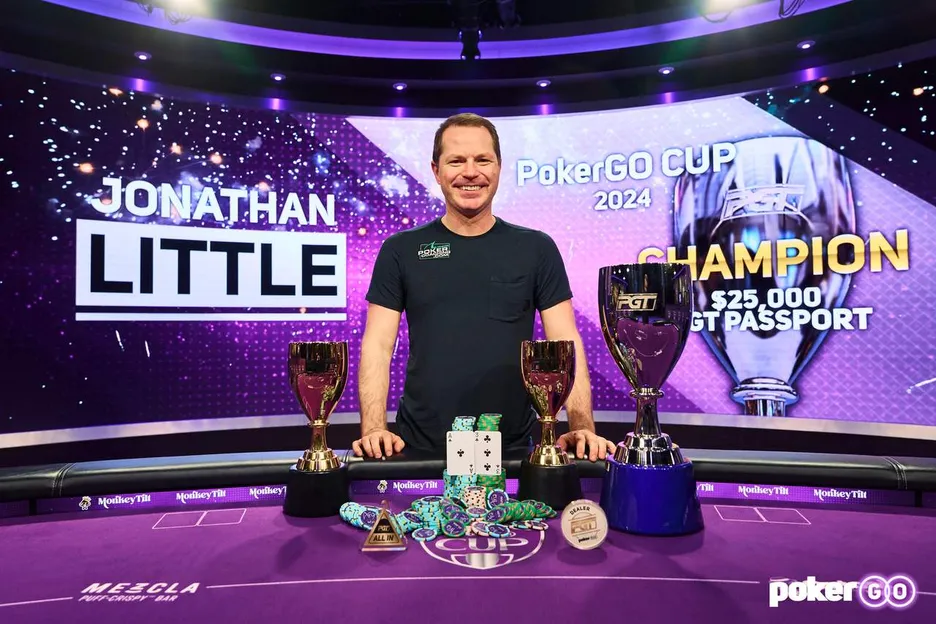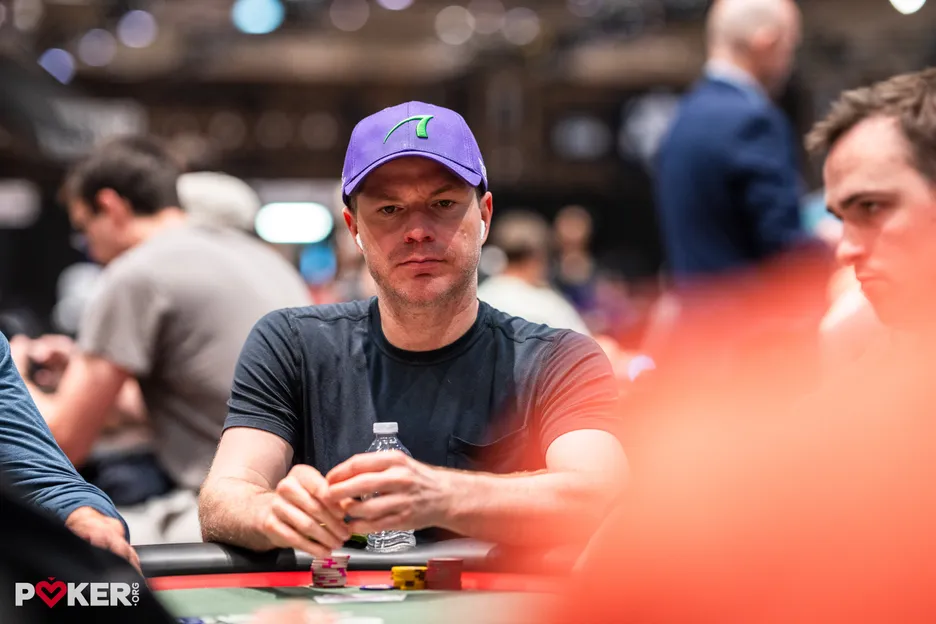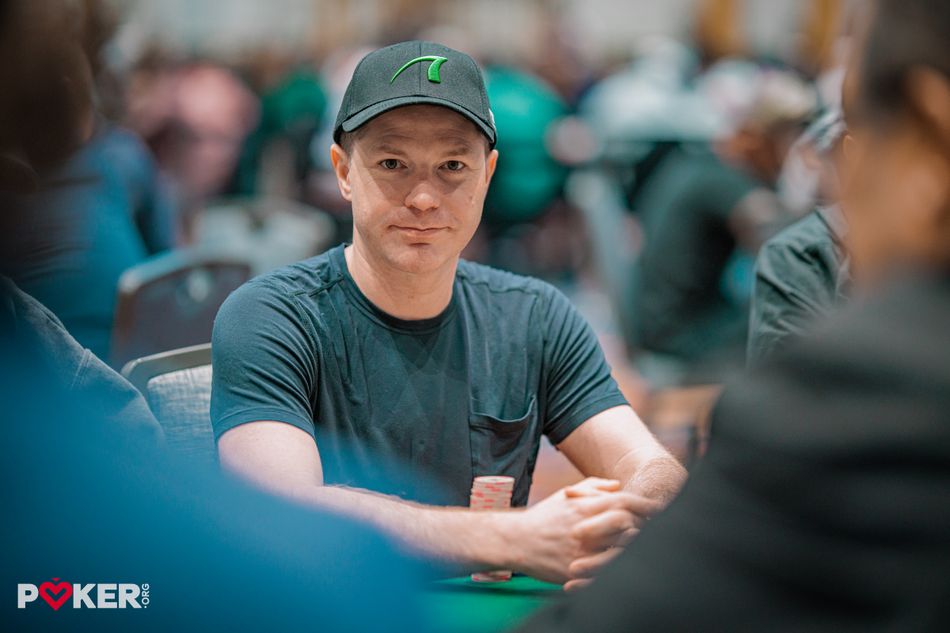My favorite book is The 4-Hour Workweek by Timothy Ferriss. When I first read it years ago, it had a major influence on both my poker career and my life in general. The central message of the book is about efficiency, and how success should be redefined, not simply as the pursuit of money, but as the pursuit of freedom.
Ferriss emphasizes that while money is necessary, the ultimate goal isn’t to make as much of it as possible. Instead, it’s about creating the freedom to live life on your own terms. This idea resonated with me deeply, especially as it applies to poker.
One major lesson is about eliminating what isn’t beneficial. This could mean cutting out hobbies that don’t add real value, distancing yourself from draining relationships, or skipping poker study methods that aren’t truly effective. Learning to cut out the unnecessary is highly relevant in poker, where it’s easy to get distracted or waste time on things that don’t improve your results.

Create the freedom to live life on your terms.
Work smarter and outsource
The book also stresses the importance of automation and outsourcing. While I believe in learning how to do things yourself, there are many areas in life, business, and poker where outsourcing is simply smarter.
In poker, for example, solvers have become essential. Rather than running complex simulations yourself, you can rely on the expertise of those who build and maintain them. From this, I learned the value of finding people who are better than I am at certain tasks, especially tasks I don’t enjoy or that take me away from my strengths.
Ferriss also introduces the idea of multiple income streams. Poker is a fantastic way to earn money, but it’s difficult to get rich solely by playing, as you only earn when you’re at the table. The book suggests building passive income, whether through investments or side businesses. For instance, if a poker pro has a $100,000 bankroll and invests it at 5% interest annually, that generates $5,000 in extra income, which can be a meaningful sum for many professionals.
I also learned the importance of making financial decisions that keep my bankroll flexible. Early in my career, after winning a big tournament, I purchased a condominium. While it secured my housing, it also tied up capital that could have been used to grow my bankroll. In hindsight, renting might have given me more flexibility and opportunities.

Jonathan Little has had a very successful career but admits to missing out on some amazing opportunities.
Mini-retirements and finding real balance
Another concept Ferriss explores is the idea of ‘mini-retirements,’ or taking extended breaks to enjoy life. While I’ve never fully embraced long breaks, I’ve come to appreciate the importance of balance. Many poker players either overwork to the point of burnout or don’t play enough to sustain a career.
Personally, I tended to err on the side of overworking. I’ve traveled to incredible places but often spent all my time playing poker rather than experiencing what those destinations had to offer. Looking back, I realize I missed out on meaningful life experiences.
As I’ve grown older, my priorities have shifted. I now value experiences and memories more than simply maximizing earnings or productivity.
The 4-Hour Workweek helped reinforce that lesson: poker and life aren’t just about accumulating money, but about creating a fulfilling and enjoyable existence.

Jonathan Little: Don’t model your play after opponents who are struggling to win.
Jonathan Little: My favorite book I’ve written
My favorite book I’ve written is Mastering Small Stakes No-Limit Hold’em. It’s a practical guide to building strong, fundamentally sound strategies at the tables. The book teaches players how to use solid GTO principles as a foundation, while also learning to exploit the frequent mistakes that small stakes opponents make.
Too often, small stakes players copy the poor habits of others at the table, never realizing those strategies are exactly why their opponents can’t move up in stakes. Instead, I encourage players to model their game after top pros and build it on proven fundamentals.
Even if you don’t maximize every exploit, the consistent errors made in small stakes games naturally reward disciplined, correct play. By focusing on these principles, players can separate themselves from the field and substantially improve their results.
Jonathan Little is the founder of PokerCoaching.com and the author of numerous best-selling poker books. For more, visit D+B Poker or follow him on X.

